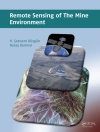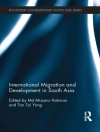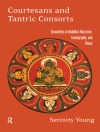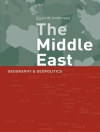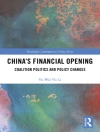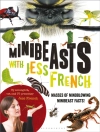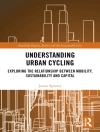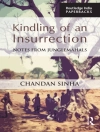Analysis and case studies show that including different orientations toward the natural world makes for more effective scientific practice and science education.The answers to scientific questions depend on who’s asking, because the questions asked and the answers sought reflect the cultural values and orientations of the questioner. These values and orientations are most often those of Western science. In Who’s Asking?, Douglas Medin and Megan Bang argue that despite the widely held view that science is objective, value-neutral, and acultural, scientists do not shed their cultures at the laboratory or classroom door; their practices reflect their values, belief systems, and worldviews. Medin and Bang argue further that scientist diversity-the participation of researchers and educators with different cultural orientations-provides new perspectives and leads to more effective science and better science education.Medin and Bang compare Native American and European American orientations toward the natural world and apply these findings to science education. The European American model, they find, sees humans as separated from nature; the Native American model sees humans as part of a natural ecosystem. Medin and Bang then report on the development of ecologically oriented and community-based science education programs on the Menominee reservation in Wisconsin and at the American Indian Center of Chicago. Medin and Bang’s novel argument for scientist diversity also has important implications for questions of minority underrepresentation in science.
Megan Bang & Douglas L. Medin
Who’s Asking? [PDF ebook]
Native Science, Western Science, and Science Education
Who’s Asking? [PDF ebook]
Native Science, Western Science, and Science Education
购买此电子书可免费获赠一本!
语言 英语 ● 格式 PDF ● 网页 296 ● ISBN 9780262319430 ● 出版者 The Mit Press ● 发布时间 2014 ● 下载 3 时 ● 货币 EUR ● ID 7973296 ● 复制保护 Adobe DRM
需要具备DRM功能的电子书阅读器


